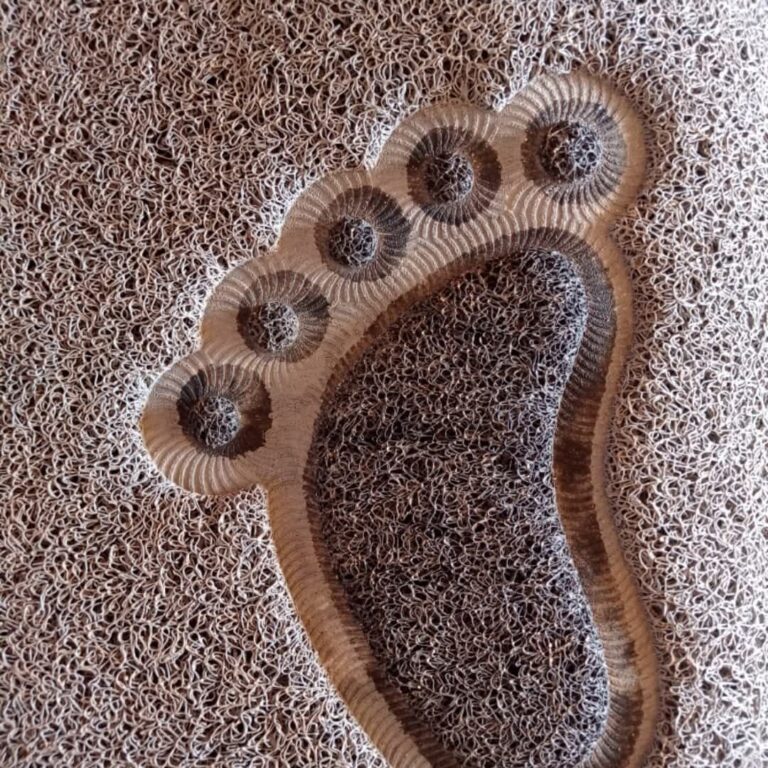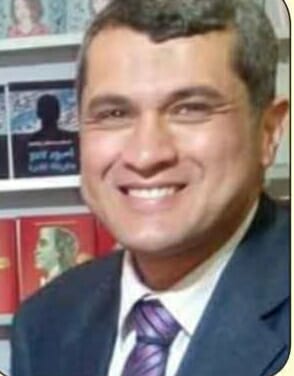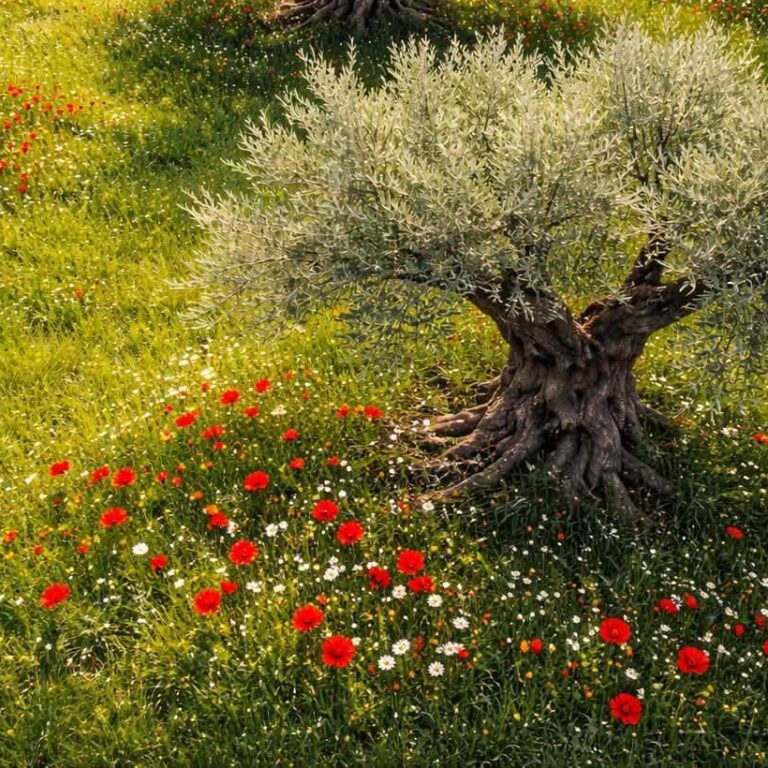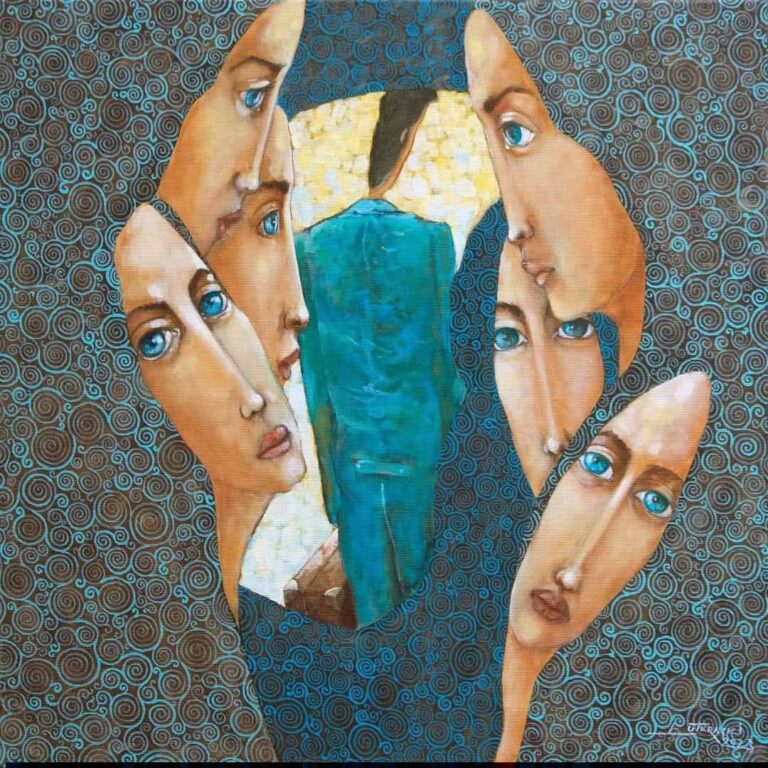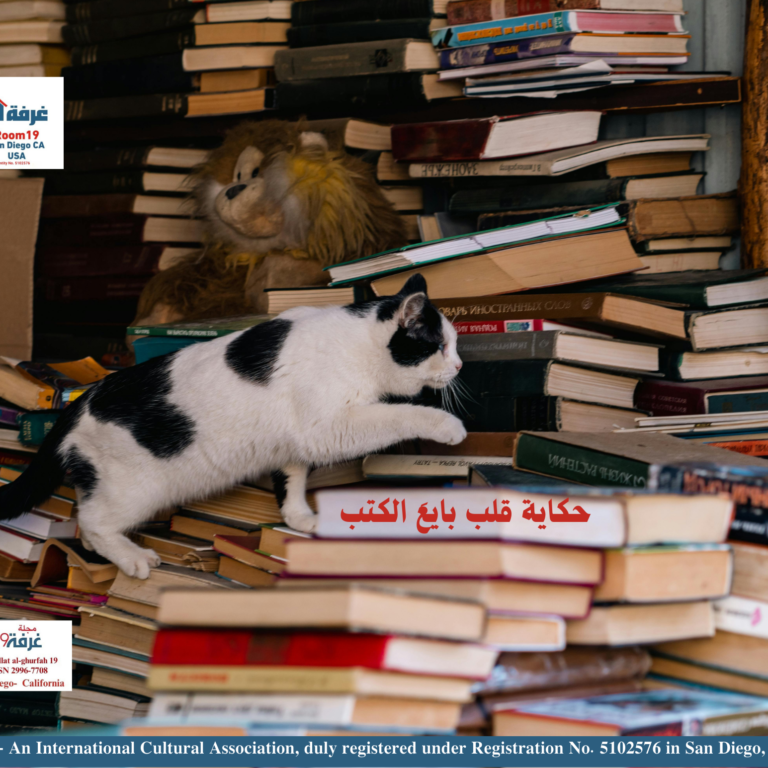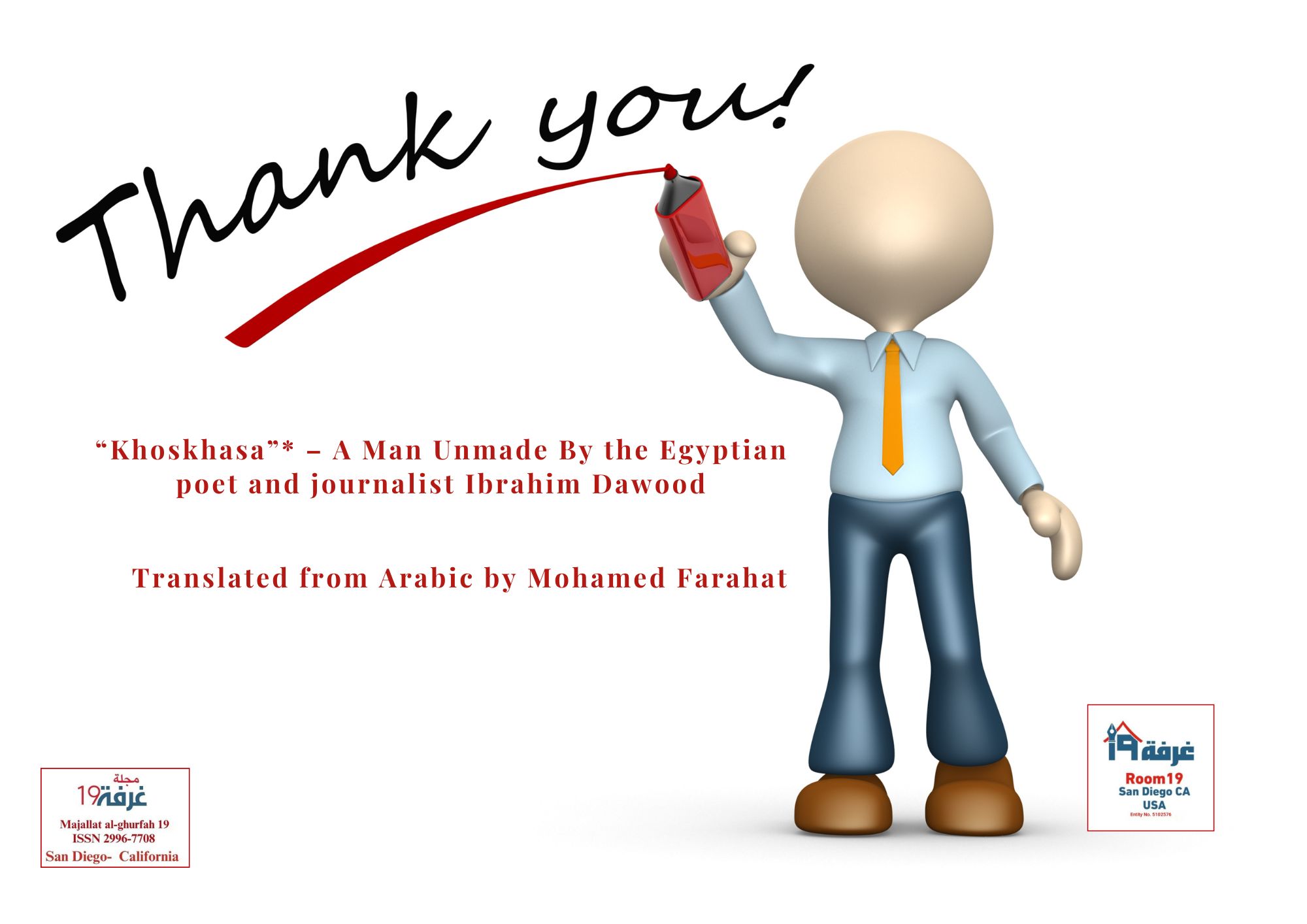
“Khoskhasa”* – A Man Unmade By the Egyptian poet and journalist Ibrahim Dawood

Translated from Arabic by Mohamed Farahat
“Abu Emad” was among the earliest martyrs of privatization. One morning, without so much as a “thank you for your service,” he was summoned, handed a cheque for twenty thousand pounds, and made to sign what felt like twenty thousand forms. That was it—“You’re early retired!”
A third-generation resident of Al-Darraasa, one of Cairo’s oldest quarters, Abu Emad had spent over twenty-five years at the Helwan Iron and Steel Factory—a national industrial edifice where he found not just employment but identity: friends, enemies, payday feasts, office gossip, union elections, pilgrimage to Mecca, and the endless aroma of burnt steel. Even the factory’s conspiracies were familiar comforts.
The cheque didn’t last the season. He needed a knee replacement—a “German-grade” surgery for a man with nothing but Egyptian-grade health insurance. After that, he tried to work in a factory in Shubra El-Kheima, but left in a month. He couldn’t bear taking orders from engineers who couldn’t tell a wrench from a ladle. They’d never been to East Germany. Never trained under the legendary Khawaga (the foreign expert) with his trimmed moustache and infinite scowls.
And so, Kamel—that’s his real name—found himself jobless, friendless, penniless, and eventually roofless. The nightmares came next. Then the murmurs. He drifted through the alleys like one of those mad saints who preach to stray cats and traffic lights.
He finally docked at a small café on Al-Muizz Street. The owner, a mellow soul and childhood acquaintance, welcomed him back—“We used to smoke our first Cleopatra cigs here,” he’d say. Kamel no longer smoked, but he took up permanent residence.
One year into retirement, he completely lost grip. He’d talk to invisible crowds, hum and heckle in the same breath. Yet oddly, he never invited pity. Maybe because he was sharp. Clean. And never begged.
Whenever he spotted a policeman, he’d break into song:
“ privatize me, mama, quick mama!
My darling’s gonna take me in my pajamas, mama!”

He sang it like a diva—channeling Maha Sabry’s full-throated passion. The café joined in. Even the police started crossing the street when they neared the place.
They gave him a nickname—“Khoskhasa” (Privatization). He loved it. If someone called him that, he’d twirl his imaginary mustache and say, “Eyes for you, ya Khoskhasa!”
Whenever someone complained about food prices, he’d blame King Farouk: “A kilo of meat for a quarter-pound! A dozen eggs for a shilling! Curse you, Your Majesty!”
His eldest son, Emad, was a graduate of the Faculty of Music Education. A decent oud player, a half-decent composer. He performed patriotic ditties at cultural evenings, sipping mint tea with Cairo’s lesser-known intellectuals. Poets from the provinces chased him, each waving their own lyrics.
But his father’s state haunted him. The nickname spread: Emad Khoskhasa.
He found work as an ‘Awad’ on Al-Haram Street—a session musician for belly-dance joints. Not the most glorious post, but the oud doesn’t judge. He played, paid the bills, and looked after his family—ailing mother, younger siblings, and a father who thought King Farouk was behind the IMF.
Each evening, he’d visit the café. Cover the tab. Slip the waiter a tip. Pay the man who polished his father’s shoes—three times a day, even if they were spotless.
Once, he tried to take Kamel to a psychiatrist. The sorrow was too much. His father bolted to the barber next door, grabbed a razor, and slashed at his wrist. Emad carried him on his back to Al-Hussein Hospital.
After that, Kamel stopped frequenting the café. He retreated to the mosque of Sayyidna Al-Hussein. Sat quietly, facing Mecca. Didn’t say much.
Two months later, Emad was to marry Suad—his cousin, a leftist short story writer who adored Gabriel García Márquez and distrusted anything that smelled like IMF reform. The wedding took place in the grand square of Al-Batniyya.
Abu Emad was the last to arrive.
Emad’s musician friends were in full swing—ouds weeping, tablas dancing.
The father stepped onto the stage. Kissed the bride. Kissed the groom. Then danced until dawn.
—
Translator’s Note:
*The term “Khoskhasa” is a slang rendering of “privatization,” a policy Egypt formally embraced in the early 1990s under pressure from international financial institutions. The aim was to reduce the public sector’s bloated burden on the state—but the result was the gutting of key industries, mass layoffs, and the sudden pauperization of hundreds of thousands of middle-class workers. In neighborhoods like Al-Darraasa, “privatization” quickly became less an economic term than a tragic punchline.

